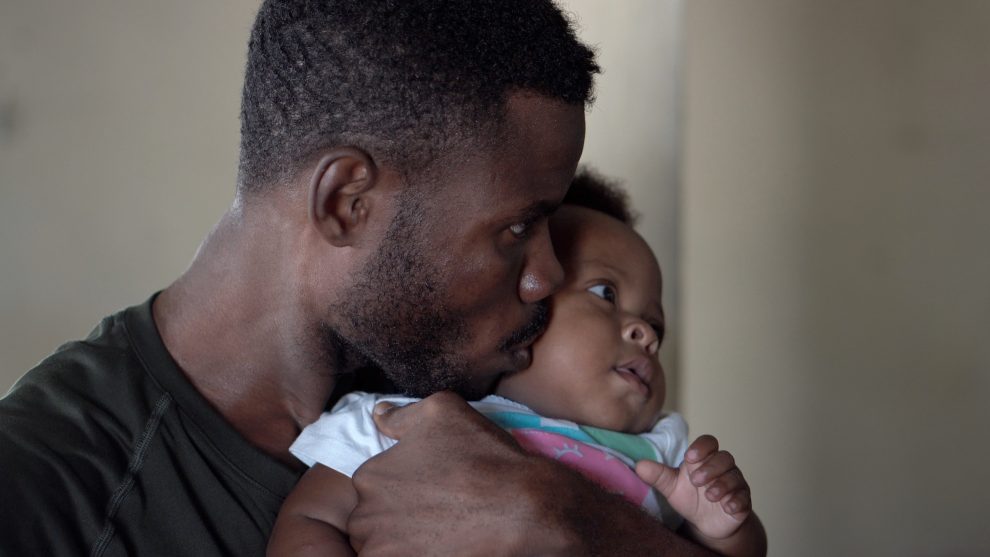Shortly after the Boston Marathon bombing, Angie’s daughter Charlotte, 8, was struggling with why the bombers would do such a terrible thing. Charlotte asked her mother question after question about the bombings, straining to get all the information so as to answer her big question, “But why?”
Angie answered as many questions as she could, but eventually she recognized that with the question of why, her daughter was looking for a worldview. So Angie changed her tactic. “I told her that the bad news is what is often reported, but God wishes for us to do good and most people strive for this,” Angie says. “I suggested that when she sees something good happening, she should pass it along to someone else, so that news is spread.”
Our church holds that parents are the first and most important teachers of their children’s faith. For some parents, this can be intimidating.
A few weeks later, Charlotte approached her mom and told her about an act of kindness a boy in her class had done for her, explaining that she was practicing what her mom said about passing on the good news. “I was so happy that out of all our talk about the bombings and the terror, this is what she took away—that we are all responsible to spread the good news.”
Our church holds that parents are the first and most important teachers of their children’s faith. For some parents, this can be intimidating. Many parents are new to a faith life themselves, having drifted away from regular church attendance or prayer during young adulthood. Other parents feel that talk of religion, spirituality, or faith is better left to the experts—they feel like they lack the qualifications to speak about faith.
In approaching their children’s faith, the gift parents have that priests and religious education teachers may lack is access to the events of their children’s lives. Parents are crucial teachers of the faith not because of their theological background, but because they have the intimate knowledge of their children’s lives needed to see (and point out) the movement of God. Angie’s daughter came to her mom—not her priest or teacher—when she needed to make sense out of life. Parents need to be ready to bring God and faith into those moments.
Use what you don’t know.
St. Augustine said, “God is not what you imagine or understand. If you think you understand, you have failed.” This mystery of God’s movement can help parents and children continue to seek God’s will for us. When Brigid, mother of four, lost her job, she explained to her four children, “Whether we want to admit it or not, we are all on the ‘God plan.’ ” Bringing faith into family life doesn’t mean providing all the answers. Rather, it means admitting that you turn over the struggle, pain, and uncertainty of life to God.
Allow the privilege of church attendance.
While we often speak of church attendance as an obligation, a study from Mississippi State University shows that children whose parents regularly take them to church benefit behaviorally, emotionally, and cognitively. Children who grow up in churchgoing households are privileged with advantages over their peers who don’t go to church. Parents who approach church attendance not as a chore but as one of many acts of caring for their child give their children a tremendous gift.
Parents who approach church attendance not as a chore but as one of many acts of caring for their child give their children a tremendous gift.
Invite discussion.
After Kevin and Amy, parents of three, took their children to the sacrament of reconciliation, the family had a robust dinnertime debate regarding the sacrament. “We were discussing why we all believed in reconciliation,” Amy says. “My husband and our oldest son were all about the priest standing in for Jesus. I explained that reconciliation is necessary because you don’t know who in the community your sin indirectly hurt. And our middle son argued that the main reason to go is to get the same grace you get in the Eucharist. We never did come to an agreement, but the real lesson was that faith is something to be talked about.”
Image: Unsplash













Add comment